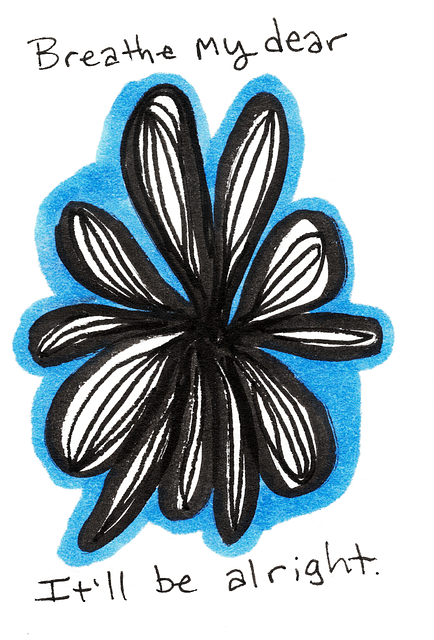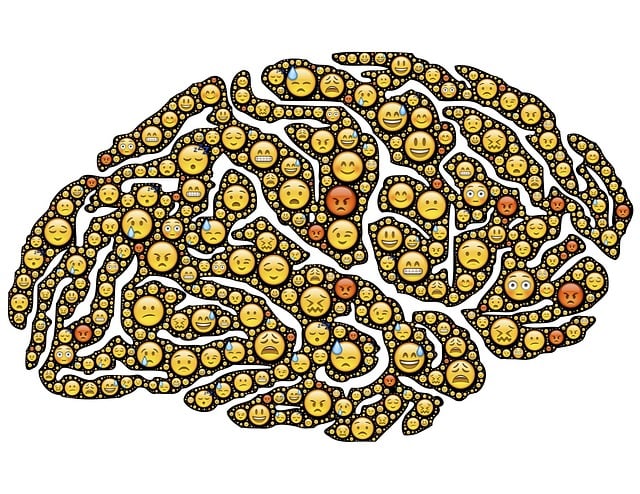Children with chronic pain are at higher risk of substance abuse due to self-medication attempts. Early intervention through tailored therapy, focusing on positive thinking, coping mechanisms, and stress management, is crucial to prevent this. Cognitive-behavioral therapy (CBT), family therapy, support groups, trauma support services, public awareness campaigns, and community outreach programs collectively reduce the risk of substance abuse among children with chronic pain by fostering resilience and promoting healthy coping strategies.
In today’s digital era, understanding and mitigating substance abuse risks among children with chronic pain is paramount. This article delves into comprehensive risk reduction strategies, exploring critical factors contributing to such abuses. We spotlight early intervention as a cornerstone of prevention, discuss therapeutic approaches tailored for these vulnerable youth, and emphasize building resilience alongside long-term support systems. By focusing on therapy for children with chronic pain, we aim to equip parents and caregivers with essential tools to safeguard their well-being.
- Understanding Risk Factors for Substance Abuse in Children with Chronic Pain
- Early Intervention: The Cornerstone of Prevention
- Therapeutic Approaches: Effective Treatment Options
- Building Resilience and Long-Term Support Systems
Understanding Risk Factors for Substance Abuse in Children with Chronic Pain

Children experiencing chronic pain are at a heightened risk of developing substance abuse issues due to various interconnected factors. Understanding these risks is crucial in implementing effective prevention strategies, especially with early intervention being key. The interplay between physical discomfort and mental health challenges can lead to a complex web where self-medication becomes an allured respite from the persistent ache. For instance, children suffering from chronic pain conditions like arthritis or fibromyalgia might turn to opioids for relief, setting them on a path of dependency and potential addiction.
Moreover, self-care practices such as positive thinking and coping mechanisms play a significant role in risk management planning for mental health professionals. Encouraging these strategies can empower kids to navigate their pain without resorting to harmful substances. Through therapy for children with chronic pain, healthcare providers can teach valuable skills like mindfulness, stress management, and healthy coping alternatives, thereby reducing the likelihood of substance abuse and fostering overall well-being.
Early Intervention: The Cornerstone of Prevention

Early intervention plays a pivotal role in mitigating substance abuse risks, especially among children and adolescents grappling with chronic pain. Recognizing the significance of childhood as a critical period for brain development, healthcare providers must prioritize screening and assessment at an early stage. This proactive approach allows for timely identification of individuals at risk and facilitates the implementation of effective prevention strategies.
Through therapy tailored to young patients with chronic pain, resilience building becomes a cornerstone of prevention. Healthcare provider cultural competency training is paramount in this context, ensuring that interventions are sensitive to diverse cultural backgrounds and effectively address unique challenges. Incorporating stress reduction methods alongside traditional therapy can further strengthen these individuals’ coping mechanisms, thereby reducing the likelihood of substance abuse as a means of dealing with pain or distress.
Therapeutic Approaches: Effective Treatment Options

Therapeutic approaches play a pivotal role in addressing substance abuse and its underlying causes. For children struggling with chronic pain, specialized therapy offers a glimmer of hope. Cognitive-behavioral therapy (CBT), for instance, equips young individuals with coping strategies to manage pain and associated distress without relying on substances. This evidence-based approach helps reframe negative thought patterns related to pain, fostering positive thinking and resilience.
Additionally, family therapy and support groups can significantly contribute to a child’s recovery journey. By engaging mental health professionals who specialize in these areas, families can learn effective communication strategies, enhance their understanding of chronic pain management, and reduce the stigma associated with mental illness. This holistic approach ensures that every aspect of a child’s well-being is considered in the risk assessment and treatment process.
Building Resilience and Long-Term Support Systems

Building resilience is a crucial aspect of risk reduction for substance abuse, especially among children suffering from chronic pain. Therapy plays a pivotal role in equipping young individuals with coping mechanisms to manage their conditions effectively. Through specialized therapy sessions, children can learn stress reduction methods tailored to their unique needs. This proactive approach not only addresses the immediate symptoms but also fosters long-term emotional well-being and resilience against potential triggers for substance abuse.
Additionally, establishing robust support systems is essential for prevention. Trauma support services, public awareness campaigns, and community outreach programs contribute to creating a safety net for vulnerable children. By integrating these initiatives, we can create an environment that promotes healthy coping strategies, provides ongoing support, and reduces the risk of substance abuse as a means of escape or relief from chronic pain or underlying trauma.
In addressing substance abuse risks, especially among children with chronic pain, a multi-faceted approach is key. By understanding specific risk factors, implementing early interventions, and offering diverse therapeutic options tailored to young patients’ needs, we can foster resilience and build supportive systems. Effective treatment strategies, including specialized therapy for children with chronic pain, play a pivotal role in preventing substance abuse and promoting long-term well-being.














